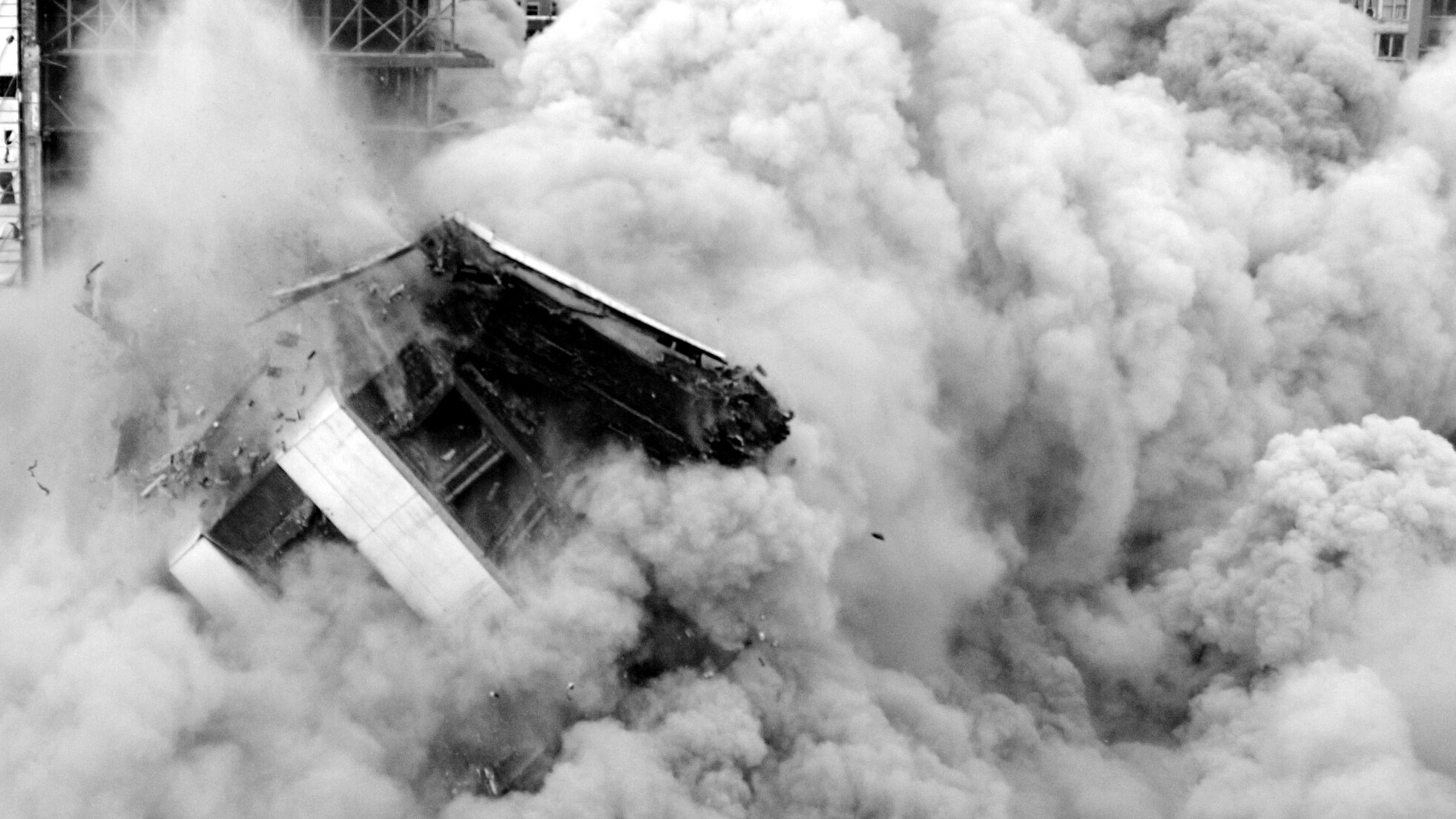I hate demolition.
While there is no question that there are some buildings that no longer have the right to exist, I always find shocking and disturbing the blind violence of demolition. Maybe because I spend so much time trying to bring buildings into being and I am so aware of the struggle, time and money, dreams and expectations that entails, the utter erasure of a building is profoundly upsetting to me.
We all know now that we should be deconstructing buildings, not demolishing them. It is part of being a responsible architect to look to solutions that first maintain all the embodied energy that even the worst, most devasted building contains. But for me the genuine sense of grief at seeing a building brought down does not reside in any logic of sustainability, either in terms of energy or socially.
Many years ago in Chicago, the city decided to demolish some of their dilapidated housing along the near south side. Early on a chilly morning, I joined a large crowd of demolition-junkies to watch the building brought down. I had seen plenty of these demolitions on television, the precise implosions, the drama and frank beauty of it all. So when the charges went off and the building crumbled, amid the cheers of the crowd I was surprised to find myself not excited or fireworks-awed, but rather suddenly profoundly sad. As the concrete dust cloud raced over us, what struck me was what a complete and total loss had just occurred. The building was dreadful, a sad and crumbling public housing project. But it was also a place where kids grew up, where joys and pains were lived out, and where now all signs of those lives embodied in that building were completely erased. Gone in a spasm of the most solid of materials, concrete, turned to dust. Maybe it was the exaltation of the crowd that now seemed so perverse, or maybe it was simply my love of buildings, maybe I am just an over-sensitive architect.
I have not lived in a place of war. I grew up with my mother's stories of the London blitz, of the perseverance it engendered but also the loss of a sense of identity with buildings destroyed, the places of memory erased. The destruction of buildings so completely, whether by bombs or precision-set charges, seems to be such a tragedy. All of those lives lived out in rooms and halls, offices and stairways. All the tradesmen who had placed pride and work and sweat into its creation. The people are gone, and their silent witness, the mute walls and floors and ceilings, gone as well.




